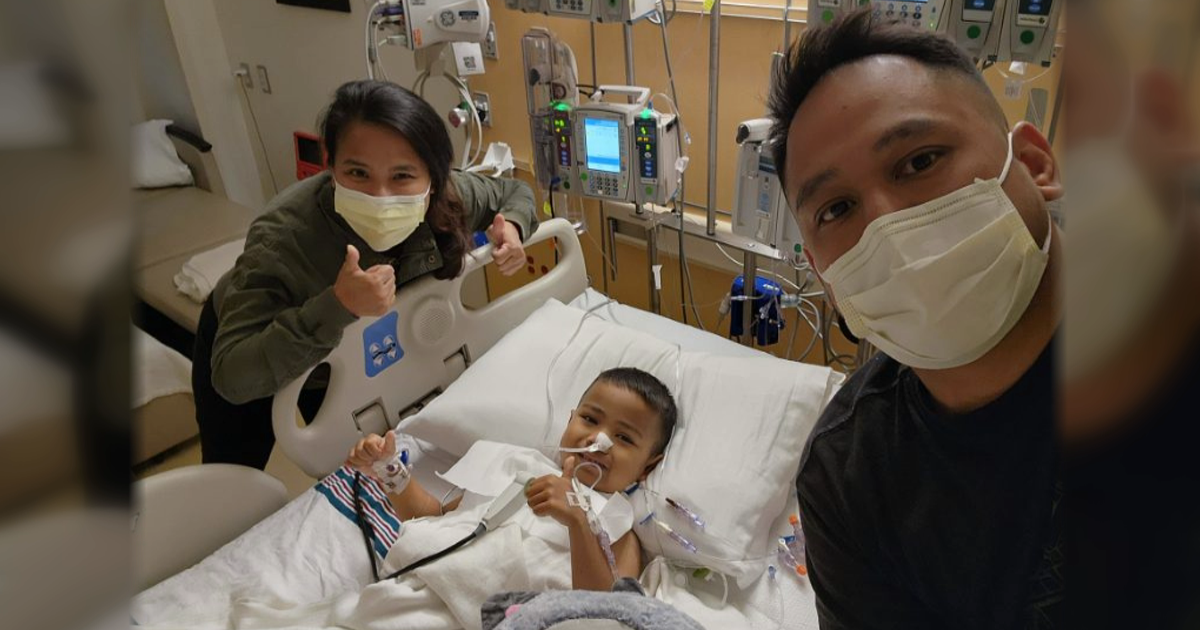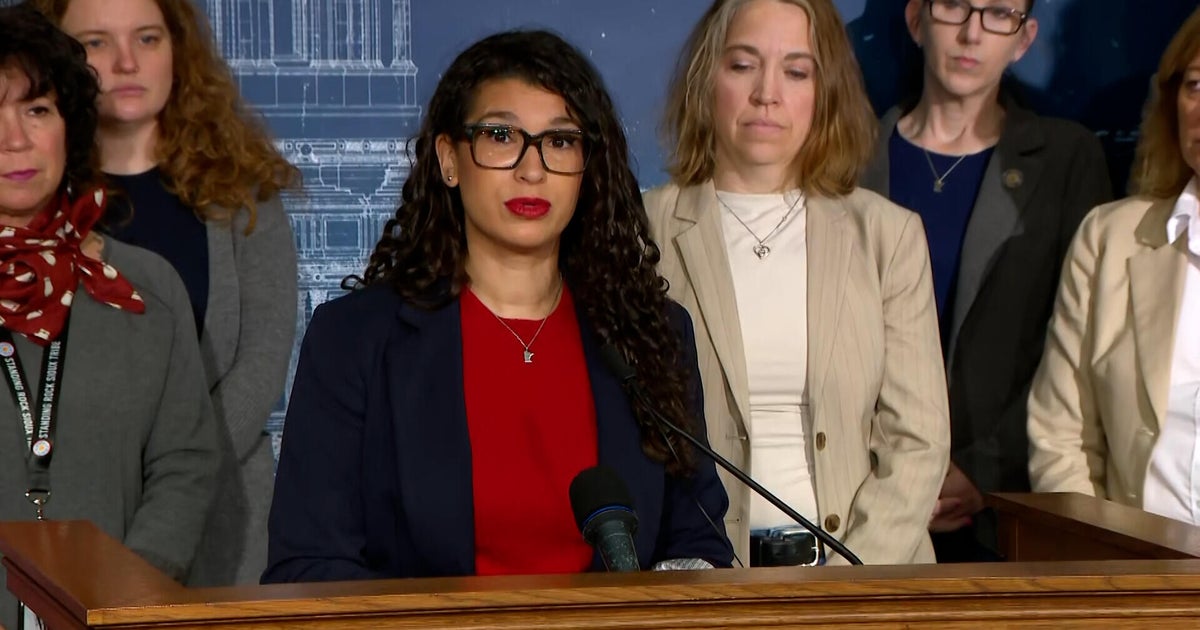Coronavirus "has the upper hand" in U.S., former CDC director warns
Dozens of U.S. states are seeing a rise in coronavirus infections, forcing many to halt or roll back reopening plans, even as officials are grappling with how to get students back to school safely in the fall.
"We have to admit the virus is here, we haven't controlled it in the U.S., it has the upper hand," Dr. Tom Frieden, the former director of the Centers for Disease Control and Prevention, told CBSN anchors Vladimir Duthiers and Anne-Marie Green. "This is real. We have to get past saying, 'Is it the worst thing in the world or just fake news in some way?'"
The Trump administration is pushing for schools to return in the fall, and the president even criticized the CDC's school reopening guidance as "expensive" and "asking schools to do impossible things."
Following the president's criticism, Vice President Mike Pence said Wednesday that the CDC will issue new guidelines next week to give "more clarity" on how local school systems should move forward.
But Frieden pointed out, "The most important thing for schools to be able to open as safely as possible has nothing to do with what the school does. It has to do with what all of us do to make the community safer" to reduce the risk of infections spreading.
"If you've got an exploding epidemic, as you have in Phoenix today, it's going to be difficult if not impossible to open schools. But if you have it under control, or under reasonably good control, then there are lots of good reasons to try to open schools — but you need to do that carefully."
Frieden also warned that President Trump's decision to begin pulling the U.S. out of the World Health Organization could backfire. Mr. Trump announced plans Tuesday to withdraw after weeks of accusing the global agency of covering up for China and withholding information on the coronavirus.
"Turning our back on the world is going to undermine our ability to protect America," said Frieden, who is now president and CEO of Resolve to Save Lives, a nonprofit focused on preventing deaths from epidemics and heart disease.
He said Americans "will be less safe" following the withdrawal, and called the international "collaboration and lesson-sharing" that occurs during WHO meetings critical to overcoming the pandemic.
"Pulling out basically leaves us the only country in the world that does not have a voice at the leading organization that deals with epidemics and health emergencies," he explained.
Frieden conceded that the WHO "could be stronger," but that it was essential on three accounts: information and data sharing, international scientific guidance, and the support it provides countries dealing with health emergencies.
"We would not have eradicated smallpox if it were not for the WHO," he said. "We need a stronger WHO."
Frieden said the United States "is shockingly lacking" a common basis of understanding of the virus among Americans.
"That does not surprise me, though," he said. "I was outlining the work that Uganda is doing — I get more information on their website on their activities than I get from any state in the United States."
He said the country is "doing better" in treating people, but stressed the need for Americans to be educated on the risks of coronavirus and how it spreads.
"There is so much that we need to do together to get control of this virus," he said.



